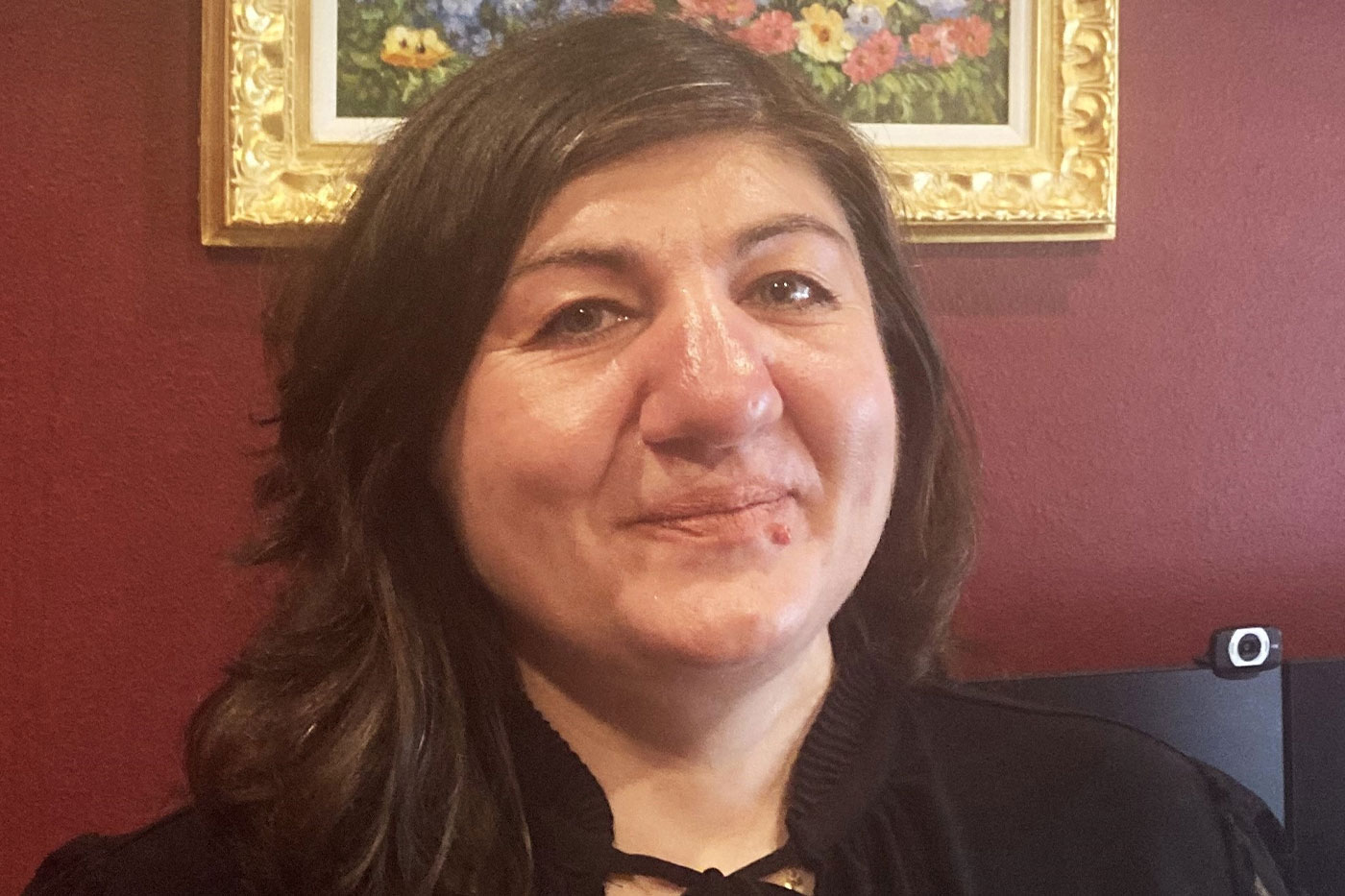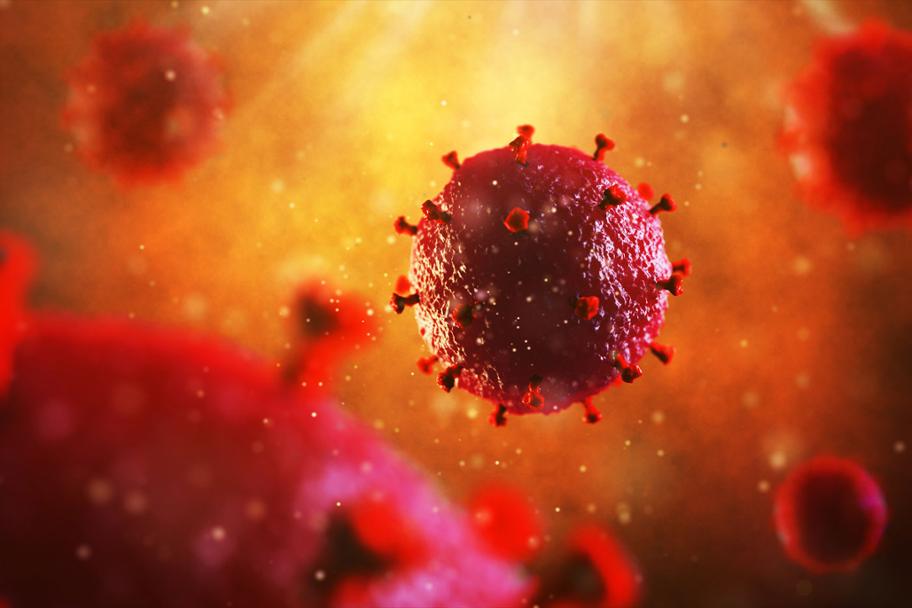Elka Georgieva’s promising research has earned her a prestigious Gilead Research Scholars Award.
For years, Elka Georgieva has been fascinated by viruses and the ways they have attempted to consistently fool science through seemingly benign behaviors.
“I think viruses are the biggest manipulators in nature,” she said. “We believe they are simple, but when you can see how they control cellular processes, they don’t look simple at all. They are powerful and sophisticated.”
Georgieva, an assistant professor in the Department of Chemistry and Biochemistry at Texas Tech University, has spent the past two years researching HIV and how the virus manipulates and degrades cells by attacking a specific protein.

The work is impressive enough that Georgieva was selected to receive a Gilead Research Scholars Award. She was one of fewer than 10 people selected in the globally competitive program to earn a two-year, $180,000 grant in support of her work. Gilead is a pharmaceutical company that funds promising research in HIV, hepatitis C, cancer and other areas.
“It is very competitive and very prestigious,” she said. “It is good for our department and for Texas Tech. I am very passionate about what I am doing, and I am very excited about the research and what can possibly be discovered and contributed through it.”
Georgieva’s research aims to better understand the processes occurring at the cellular level among the virus, the host CD4 receptors and the HV-1 encoded Vpu protein. The receptor is the site where the virus enters the cell and can also activate a process to keep the virus from spreading.
However, the virus recognizes this preventive action and uses the Vpu protein to get around the cell’s natural defenses.
“This is a powerful mechanism that HIV uses to overcome the defense of the cell and the organism,” Georgieva said. “It keeps the CD4 receptor from doing its job and misleads the cell and keeps it from doing what it would naturally do, causing it to degrade.”
The formation of Vpu soluble oligomers and Vpu restructuring upon association with lipid membranes was a primary finding in Georgieva’s first two years of work. Now, she will build upon that insight, looking to provide knowledge that could inform future drugs that will deactivate the protein and neutralize its role.
“We want to study how Vpu recruits the receptor to enhance its degradation in favor of the virus,” she said. “Understanding these mechanisms could help the design of Vpu deactivating drugs. The important thing about Vpu is that is has unique amino acid and very specific inhibitors can be designed for it.”
In some ways, it is no surprise to Georgieva that she finds herself on the front lines of an ongoing journey to better understand HIV and the way it attacks.
“When I was in high school, I was telling everyone around me that one day I would be working on HIV, doing high-end research that would be recognized,” she recalled. “Then some things changed in my life and I did some other things.”
Eventually, though, Georgieva had the opportunity to run her own research lab, which brought her back to HIV.
“Now when I talk to my friends from high school, I tell them this is what happened,” she said. “I say, ‘Look at what happened.’ You cannot escape destiny, and you need to be very careful what you wish for because one day your dreams may come true. I am grateful to Texas Tech, the lab resources I have and the opportunity I have been given.”
A lot of progress has been made in understanding HIV since it first burst into the public consciousness in the early 1980s, but Georgieva said a lot of progress can still be made in advancing scientific knowledge about the virus.
“Many people with a lot of different types of expertise and knowledge and approaches have been involved,” she said. “They have seen this problem from many different sides. At one point, the virus was completely unknown, but through enormous effort and scientific passion, a lot has been accomplished. I tell my students, ‘Science is not just a job. You need to be really, really into it.’”

